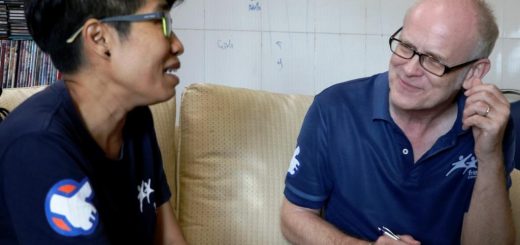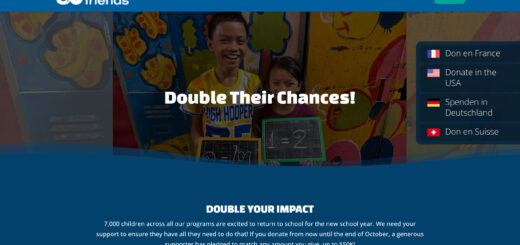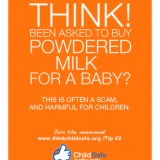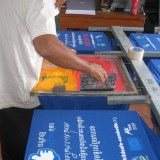The sprawling Rongkleu market, it’s invisible boundaries, traders, travelers and workers – and Friends.
Vuthaya Charoenpol (Ann) is the Country Program Director of the Friends Peuan Peuan program in Thailand. She is based in Bangkok, but in our ‘story from the field’ from her today, we travel with her on one of her frequent visits to the Aran Project, on the border between Thailand and Cambodia.
Visiting Peuan Peuan Aran is quite a journey; the earliest bus to Aranyaprathet (Aran) is at five in the morning. Though only 265km from Bangkok, the ride is long and I normally arrive in Aran around half past nine. Each visit is always exciting and different…
Allow me to give you a little glimpse of Aran before getting on to the news!
Aran is a border town between Thailand and Cambodia. It is the most popular tourist route from Thailand to Siem Reap’s historic Angkor Wat. But what brings most people, both Thais and foreigners, to Ara is the Rongkleu market, well known as one of Thailand’s biggest markets for imported pirated items. Many of the products come from the neighboring countries Cambodia, Vietnam, China as well as Japan, Europe and the United States.
Aran doesn’t only attract tourists and traders, but also migrant workers from Cambodia. Rongkleu Market is seen as providing economic opportunities for international traders, local shop keepers and construction workers.
In RongKleu, market mobile vendors are the most common trading activity. And guess who the most talented ‘salespeople’ are?
Children mostly under the age of 15.
Underage labor is one of the reasons Peuan Peuan began operations in the area. Peuan Peuan Aran begun in November 2009 focusing on providing safe migration advice, supporting families with income generation programs and assisting children reintegrate into school/vocational training programs. Peuan Peuan Aran, a small program with a large impact, ended two months work having worked on both sides of the Thai/Cambodia border with over 350 Cambodian children. During the year 2010 almost 700 children were reached while in the year 2011 nearly 800 children were reached through the Aran program.
Since beginning, Aran has assisted over 100 children reintegrate back into the school system on the Poipet (Cambodian) side of the border. To assist the children based in this region, Aran requires a holistic approach of social work, collaboration with authorities, partners and, on top of that, funding. Supporting children reintegrate into the education system isn’t gratis. Unemployed caregivers can’t afford all costs (uniforms, books etc). Practical income generating activities are a means to boost cash flows to families who are involved with home-based skills training or small business startup support programs. These programs allow families to earn income which is used to keep their children in school. A popular motto we work by is ‘let adults earn and children learn’. So far, we have assisted 19 beneficiaries who support 62 children.
In Poi Pet, small business start ups are seen as the most effective way of generating incomes for caregivers but due to limited funds the Home-Base Production (HBP) has been on hold since December 2011. The HBP program has been a very successful component of our program – with the help of HBP, independent producers are currently earning incomes of approximately $120USD per month, allowing their children to attend and stay in school.
Thanks to activities run by the outreach teams and at the Peuan Peuan Drop in Center, the teams can provide school reintegration, family support, including regular follow up consultations. A particularly useful tool run by outreach is the promotion of safe migration, disseminating smart, safe travel guides with contact information of youth and caregivers along the border, market and check point areas.
At our drop in center, located in the center of Rongkleu market, there are approximately 30 children attending daily Non-Formal-Education classes with Peuan Peuan staff. Last year over 350 children and youth attended the center.
As mentioned at the beginning, Aran is a unique place dominated by the sprawling Rongkleu market, its invisible boundaries, multitude of traders, travelers, workers, and the 50,000 Cambodians who cross the border to Aran each year.
For such a small team it is quite a task to protect children in this area. ChildSafe (CS) began operations in June 2011, working with partners Goutte d’Eau and Partnership Program for the Protection of Children (3PC). There are 35 certified CS members (24 Thais and 11 Cambodians) helping safeguarding children in the region.
While it seems like I’m writing an informal mission report, it was definitely not my intention. At times I feel that Peuan Peuan Aran is forgotten but I would like to remind everyone that there are services and support that needs to be delivered to vulnerable children and youth and their families.
Peuan Peuan Aran, as a startup, has made a great impact and they will continue as there is indeed a need to protect children and build ways towards a better future. The school reintegration, family income generation, safe migration and ChildSafe programs will continue and Peuan Peuan Aran needs your support.
If you would like to donate to Peuan Peuan, please do so via our Friends-International website here.
